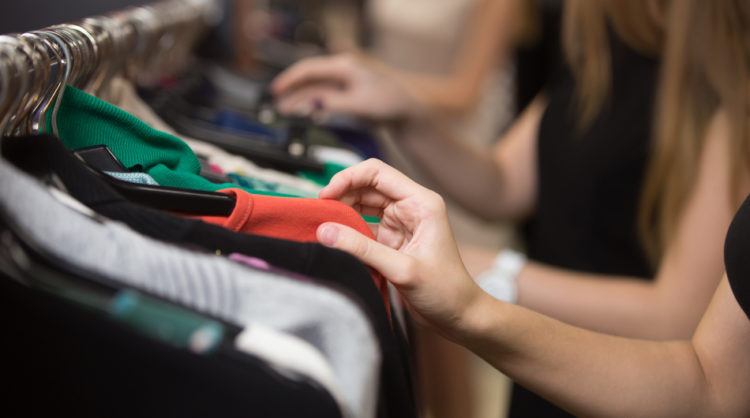Japan’s fintech scene continues to score the big investment tickets. A new player in the e-wallet race took in a US$8.5 million pre-launch series A. Other startups of note come from verticals as varied as sustainability ecommerce, pet adoption, property rental management, and artificial shooting stars.
Check out the details below.
Kyash

Credit: Tech in Asia.
A who’s who of Japanese investors – Itochu, Jafco, Dentsu Digital Holdings, Mitsui Sumitomo Financial Group, and Mizuho Financial Group all put in US$8.5 million for Kyash’s series A round. Currently in beta, the startup promises the release of an e-wallet early next year. By December 2017, it expects to have 1 million users.
The funding follows a US$1.45 million seed round in July 2015.
Syrup

Photo credit: David K.
In a seed round led by CyberAgent Ventures and iSGS Investment Works, Syrup raised an undisclosed amount of funding. The startup has been in operation for about 18 months and provides curated media for pet lovers. The funding will help expand the business offline with Omusubi – a new service that matches dogs and cats in pounds with people looking to raise a new pet.
Metro Engine

Photo by Nicki Dugan Pogue.
Metro Engine is a recent spin-off from tourist support service JP Mobile and just received an injection of new capital. Terms were not disclosed but Beenos led the round. As inbound tourism to Japan rises so does the use of Airbnb and similar services. Metro Engine is positioning itself to be a key player by offering a property management dashboard and insurance.
Ale

Photo credit: solarseven / 123RF.
In its bid to provide ‘shooting stars on demand,’ Ale raised US$6 million from a collection of angels. Its primary service, SkyCanvas, will use carefully positioned low-level satellites to fire a burst of pellets and create shooting stars wherever clients request. The first test is expected by the end of 2018. For more, check out our coverage of the news.
Wefabrik

Photo credit: fizkes / 123RF.
Osaka-based Wefabrik raised a seed round from KLab Venture Partners as well as NVCC, a venture capital firm that often invests in startups from Western Japan. The precise terms were disclosed, but the amount is at least US$200,000.
80 million tons of fabric is thrown away each year because it is no longer needed by its original buyers, according to Wefabrik. Tackling the problem head-on, the team created a service wherein supplies of excess or unnecessary fabric are bought and sold by manufacturers producing different products. Fabric that was once destined to be a trendy dress might now live on as a handbag or pillow case.
This post 5 rising startups in Japan appeared first on Tech in Asia.
from Tech in Asia https://www.techinasia.com/funded-startups-japan-dec-20-201
via IFTTT
No comments:
Post a Comment